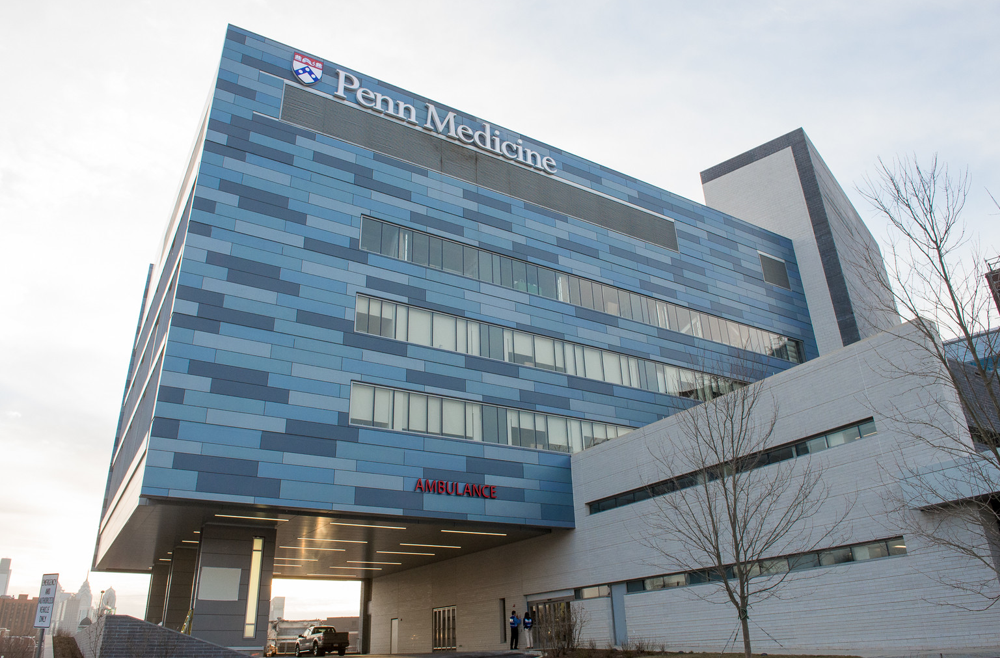
PHILADELPHIA – Representatives from Penn Medicine and the United States Navy will sign a unique agreement today marking the start of a three-year partnership to integrate members of the Navy with the Trauma Division at Penn Presbyterian Medical Center (PPMC). The program, known as the Naval Strategic Health Alliance for Readiness and Performance, is designed to provide sustained experiences in all aspects of trauma care – from surgery to anesthesiology to nursing – in one of the nation's busiest trauma centers. The eleven Navy team members bring a wealth of experience with multiple deployments around the globe that will promote new approaches and knowledge across both civilian and military healthcare.
The agreement will be signed at a ceremony by Kevin B. Mahoney, Chief Executive Officer of the University of Pennsylvania Health System, and Rear Admiral Bruce Gillingham, Surgeon General of the Navy.
"This partnership will work to develop a blueprint for other future partnerships between the military and civilian health systems, and will be of great benefit to both parties," said C. William Schwab, MD, the Founding Chief of Penn Medicine's Trauma Program, a professor emeritus of Trauma Surgery, and a veteran of the Navy himself. "Penn Medicine's Trauma Division is incredibly talented at training interdisciplinary teams in order to provide the best possible care to patients, and the U.S. Navy team will be fully immersed in all aspects of practices and specialty units. We're eager to collaborate with the Navy and on groundbreaking research that will advance how we care for patients and improve outcomes, both in the hospital and on the battlefield."
"The Navy medical team greatly appreciates the support from the University of Pennsylvania Health System. Trauma care in a deployed combat environment can be challenging at best and preparing for and keeping such skills up to date is difficult as garrison military treatment facilities simply don't see the type of cases or urgency a trauma team will experience when deployed," said RADM Gillingham. "This Navy team will learn invaluable lessons that they will bring back to the Navy Medicine that will help them and us better understand and prepare for future deployments."
The Navy team mirrors the makeup of the surgical teams the Navy deploys to active combat, with four physicians, three nurses, a physician's assistant, a surgical technician, and a Corpsman. They will integrate into the PPMC Trauma Division and the academic clinical departments – such as Surgery, Anesthesia, and Emergency Medicine – to gain intensive training in treating traumatic injuries from leading experts at PPMC to ensure that their skills are at the highest possible level when they deploy. Navy team is will relocate to Philadelphia with permanent change of station orders for approximately three years.
"This is truly an incredible opportunity for Navy Medicine, and our entire team is excited to be part of this new venture with Penn Medicine," said Lieutenant Commander Bill Lawson, the trauma team's administrator. "It's a program that will shape the future on how we train as military medicine personnel, and will ensure our medical forces have the trauma skills and experience necessary to deploy in more austere environments"
Navy medicine also has partnerships with other civilian trauma centers and hospitals, but the new program with Penn marks its most comprehensive partnership. The Navy also has one designated Level III trauma center at Naval Medical Center Camp Lejeune (NMCCL) that supports military members and the surrounding community.






